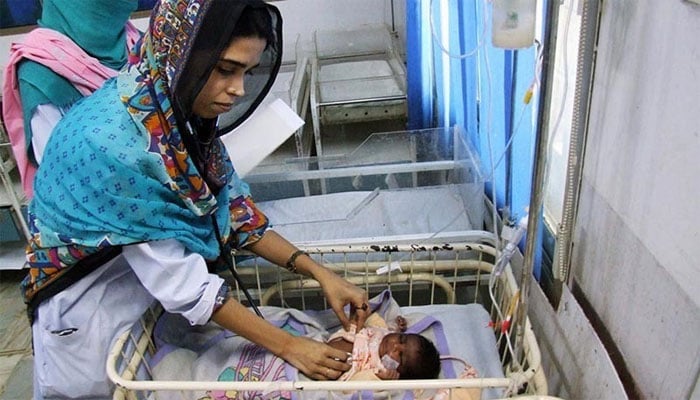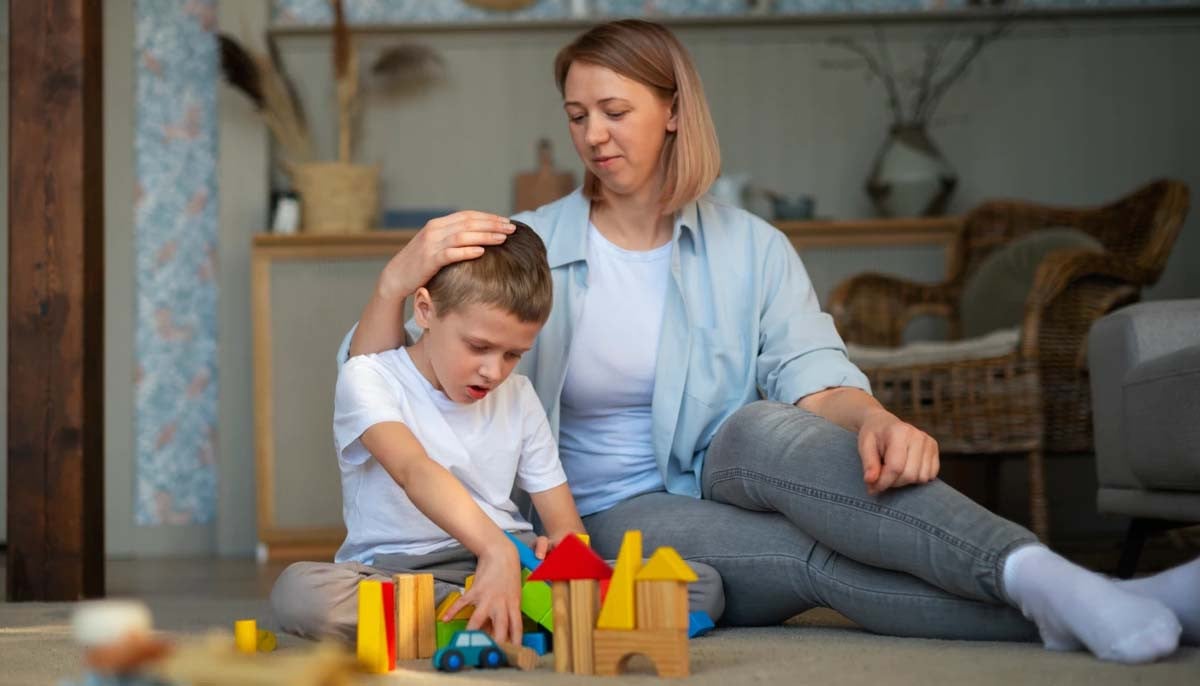Demographic and health survey 2017-18 indicates progress
The Survey implemented by NIPS under the aegis of the Ministry of National Health Services, Regulations and Coordination, Islamabad, Pakistan, was conducted in close collaboration with the United States Agency for International Development (USAID), under the DHS Program, that provides financial support and technical assistance in the implementation of population and health surveys in countries worldwide.
KARACHI: The regional survey results of the Pakistan Demographic and Health Survey (PDHS) 2017-18, were released on Thursday at a provincial seminar organized by National Institute of Population Studies (NIPS).
The seminar highlighted major improvements in child survival and maternal health care, while indicating progress has been slower in nutrition among children and women and access to family planning services.
The Survey implemented by NIPS under the aegis of the Ministry of National Health Services, Regulations and Coordination, Islamabad, Pakistan, was conducted in close collaboration with the United States Agency for International Development (USAID), under the DHS Program, that provides financial support and technical assistance in the implementation of population and health surveys in countries worldwide.
The UK Department for International Development (DFID), and the United Nations Population Fund (UNFPA) also partnered on the project.
USAID Director for Sindh and Balochistan, Michael Hryshchyshyn, noted USAID is proud to have partnered for the survey, as good data leads to evidence-based decision making both by the government and development partners. He added that the Survey shouldn’t be considered just a report card on the last five years, instead it should be used to direct efforts for the next five years.
This is the fourth such survey conducted in Pakistan since 1990-91.
The 2017-18 PDHS provides estimates at the national level, for urban and rural areas, for four provinces and four regions.
For the first time this Survey shows data disaggregated by disability status as well as by age, wealth, educational status and province.
Overall, the Survey indicates families in Pakistan are getting healthier. More children are surviving early childhood as neonatal mortality; infant mortality and under-5 mortality have sharply declined.
Additionally, the trend of getting antenatal check-ups by pregnant women has improved from 78% in 2012-13 to 86% in 20107-18. More births are delivered in a health facility, from 58% in 2012-13 to 72% in 2017-18.
While the 2017-18 PDHS reports progress in many areas, some challenges still remain. The survey shows that many children in Pakistan suffer from poor nutrition. More work also needs to be done to improve availability and choice of family planning information and services.
-
Antioxidants found to be protective agents against cognitive decline
-
Coffee reduces cancer risk, research suggests
-
Keto diet emerges as key to Alzheimer's cure
-
What you need to know about ischemic stroke
-
Shocking reason behind type 2 diabetes revealed by scientists
-
Simple 'finger test' unveils lung cancer diagnosis
-
Groundbreaking treatment for sepsis emerges in new study
-
All you need to know guide to rosacea












